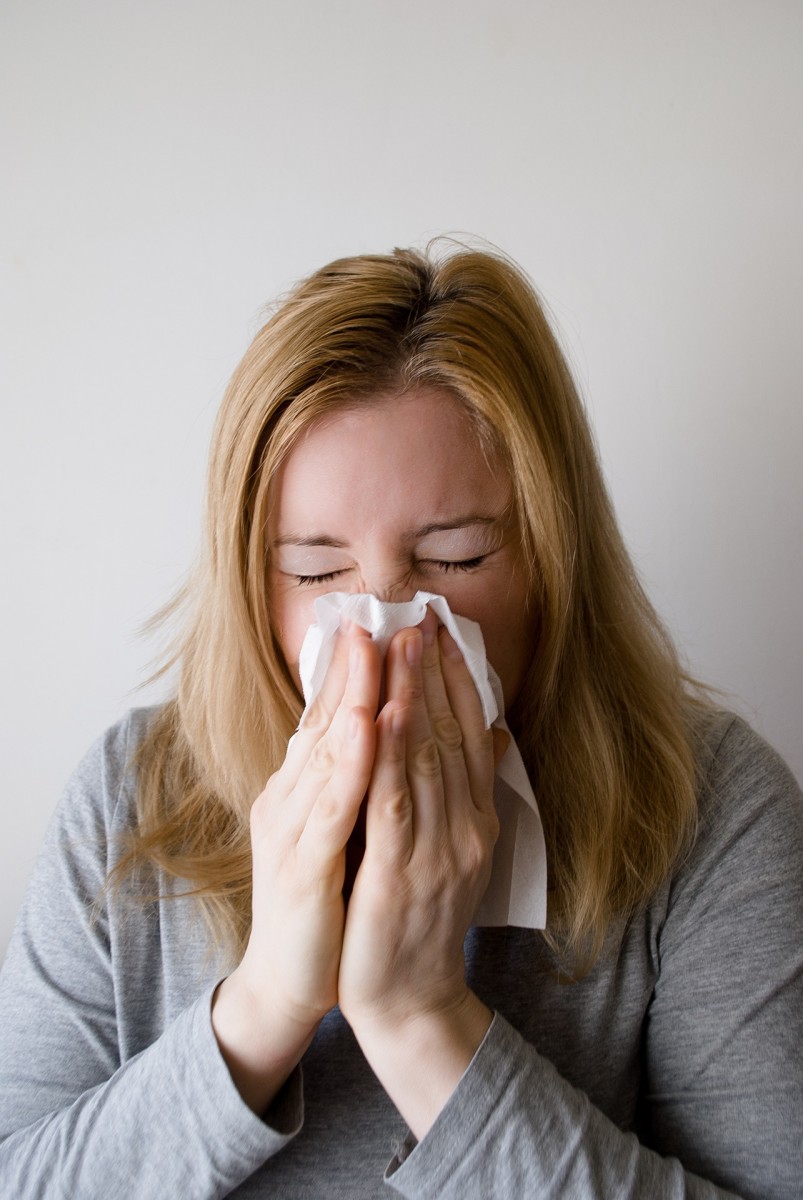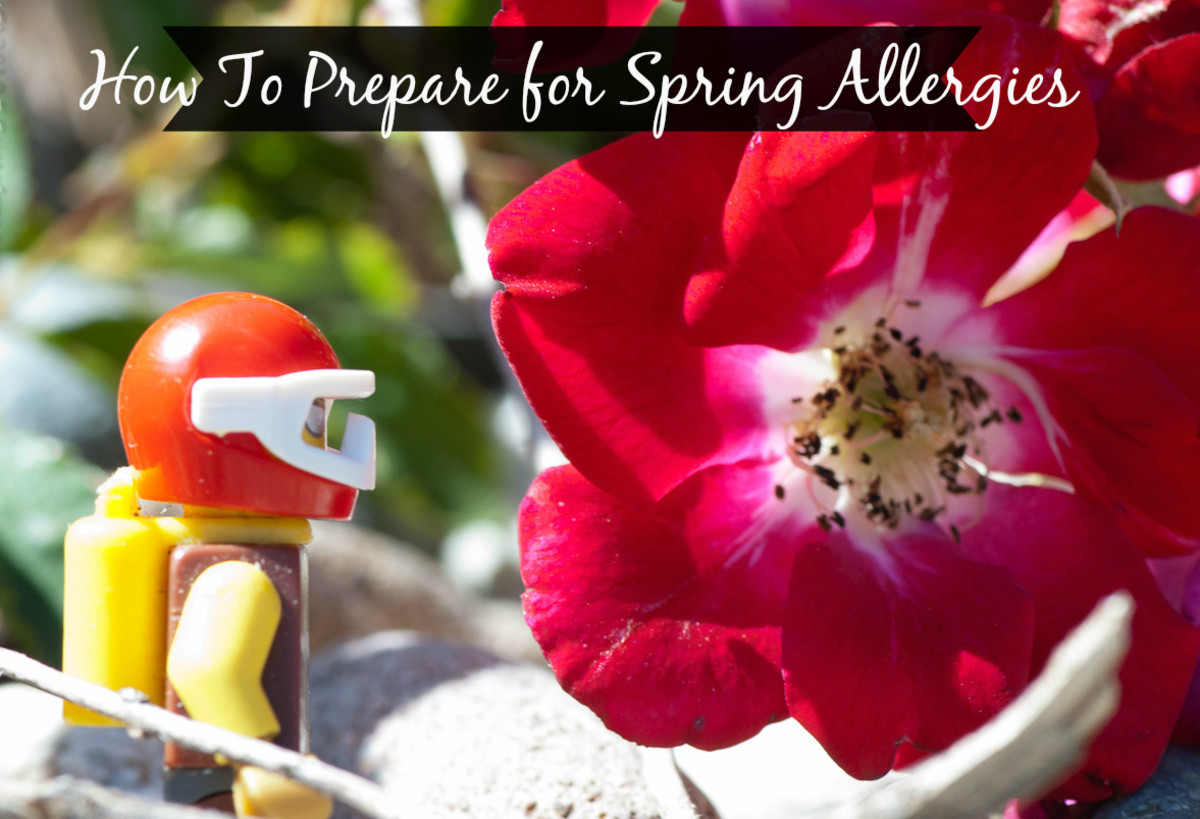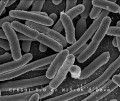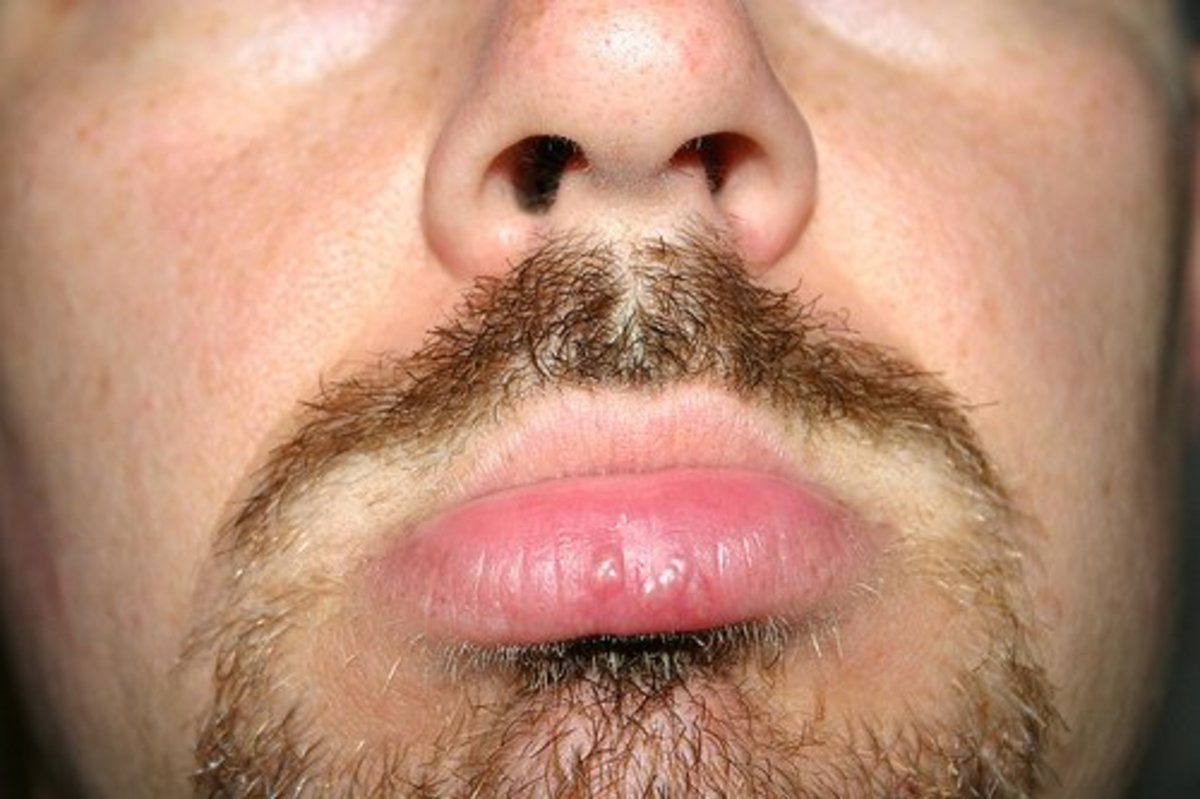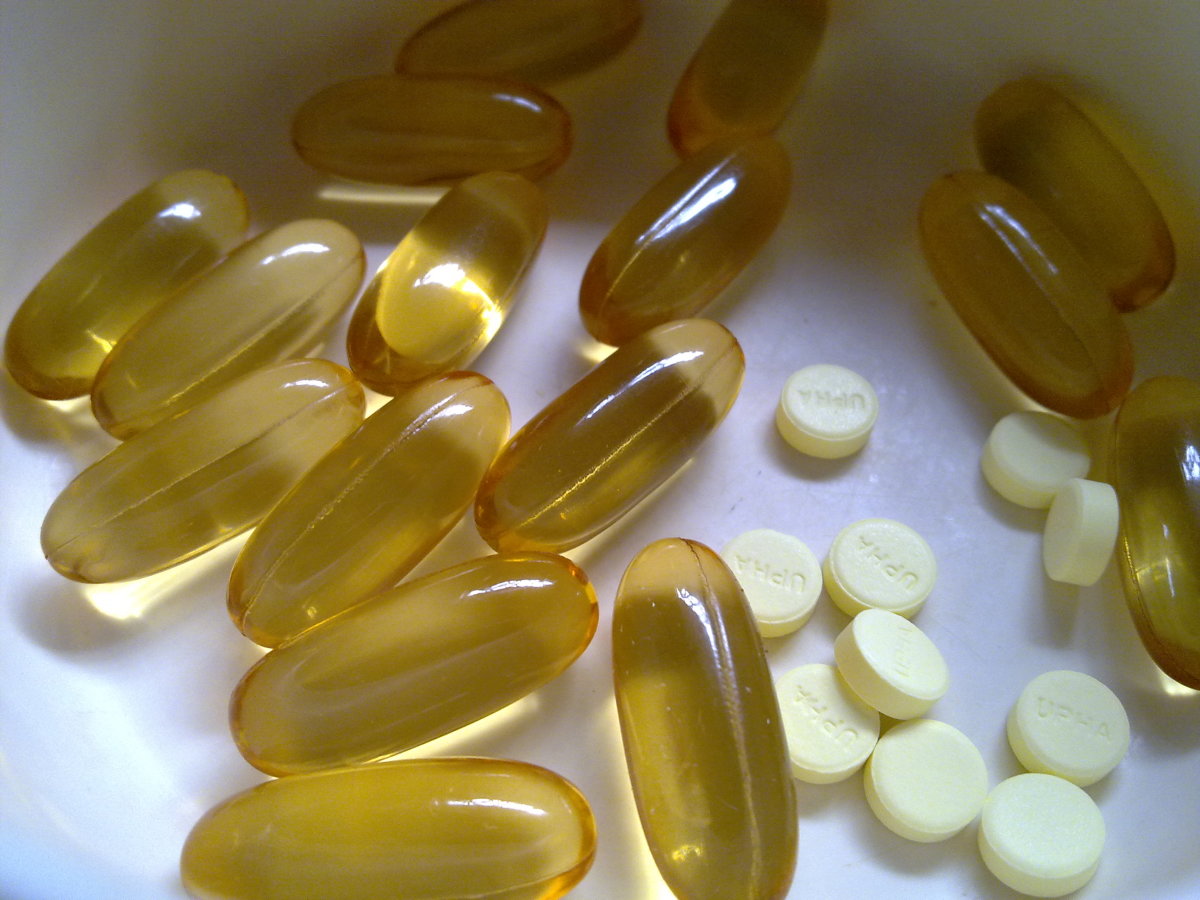How to Beat the Sniffles
How to fight off Hay Fever?
During Spring and Summer the weather get warmer, flowers are in full bloom and the trees are green. It is a wonderful time of year. The warm weather means that you can have picnics, go hiking and enjoy nature. It is all wonderful. Unfortunately, the Spring and Summer months bring about an increase in pollen in the air. This can be a big problem for those that suffer from Hay Fever. Hay Fever is an allergic reaction to pollen. It is a really irritating allergy to have because when you venture outside to enjoy the sun and all the fun that goes with it you end up with a really stuffy nose, red, itchy eyes and a lot of sneezing. Hey Fever take the fun out of the sun.
If you suffer from Hay Fever then you may find it interesting that honey can help to prevent Hay Fever from striking. Raw honey contains traces of pollen, so eating some everyday can help to build up your immune system and accustom it to the pollen in the air. You can spread the honey on toast or pour some over your breakfast cereal or even sweeten your tea with it. It doesn't matter how you eat it the raw honey will have the same effect. Eating a small amount of honey each day will basically help to stop your Hay Fever from triggering the moment you are exposed to pollen in the air. It is important to note that for this to work effectively you should try to buy locally sourced honey because that will contain traces of the pollen that is in your area so you will become immune to that variety of pollen. Raw, local honey can be sourced from good Farmer's markets and specialist shops that sell locally sourced produce.
Blue-Green Algae (Spirulina)
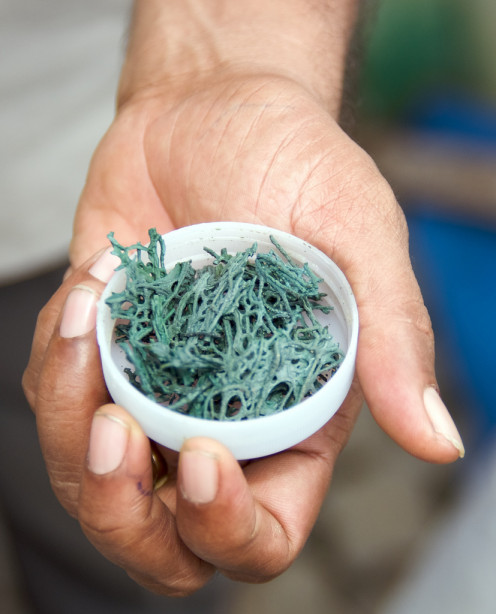
Algae can fight allergies
There is a review in the Journal of Laryngology and Otology that states that there is compelling evidence gleaned from various studies that Spirulina has positive effects on Hay Fever symptoms.
Spirulina is a type of Algae that is Blue-Green in color and it is great for fighting pollen allergies. The reason for this is that it contains a very powerful anti-inflammatory agent that is capable of calming an over-reactive response of the immune system to triggers such as pollen. There was a study carried out that involved giving a group of hay-fever sufferers a daily does of Spirulina. The results were that researchers found that there was about a 32% reduction in the severity of the hay fever symptoms.
Spirulina is really easy to get hold of. It comes in several different forms. One form it comes in is as a tablet, it is easy to find in a good health food store. It is also contained in some smoothies and health drinks that again are easily available from health food shops or even some big Supermarkets. Drinking the smoothies or taking the supplements will get the Spirulina into your system and will help build up your immunity to pollen.
Yoghurt contains bacteria?
Did you know yoghurt contains bacteria?
Yoghurts battle colds
There is that old saying, "an apple a day keeps the doctor away." Well a yoghurt a day may in fact help to keep common colds at bay. Over the last few years many yoghurt companies have advertised their products as containing 'friendly' bacteria, which is apparently good for your body (a great example of this is the Yakult advert below). Basically there are 'good' bacteria that helps to keep your body healthy and it fights against 'bad' bacteria that tries to damage your body. Many yoghurts contain lots of these health boosting micro-organisms. It is recommended that eating at least to 150g servings of yoghurt a day can help fend of colds.
There was a group of Swiss researchers who carried out an experiment that showed that yoghurt does have an effect on the immune system and helps it to fight of the bacteria that causes a cold to occur. They gave a group of factory employees a drink that contained the bacteria Lactobacilli Reuteri, which is the bacteria found in yoghurt. They gave them a daily dose of this drink for two and a half months. They discovered that of the group only 11% of those workers took a day off work because of a cold or flu during the study. Of those people who were not part of the study it was found that 23% of them had sick days due to colds or the flu.
In a different study it was found that people who ate a small bowl of yoghurt everyday had, on average, 25% fewer colds than those who didn't eat yoghurt. They also found that it didn't matter if the yoghurt contained live bacteria or had been pasteurized.
If you decide that you want to start eating yoghurt to have 25% fewer cold then the best time to start would be in the summer. This will give your body time to build up its immune system and build up resistance to viruses and bacteria before the cold season descends.
'Friendly' Bacteria Advert (Yakult)
Old Cold Remedy
I remember my Grandmother would tell me to gargle with salt water to prevent cold and flu from developing. It turns out the she and many other Grandmothers, who have given the same advice, was right. According to a study published in the American Journal of Preventative Medicine in 2005 gargling every morning can help stave off colds. The best bit is that it doesn't have to be salt water. Salt water is horrible to gargle and can make you really thirsty afterwards. Instead of gargling salt water you can gargle just plain water straight from your tap. In fact, tap water appears to make it far more likely that you will have better resistance to cold and flu viruses.
Glass of water

How to Gargle Salt water
Cure Coughing with Chocolate
Chocolate for coughs?
It is true that chocolate can help cure a cough.
A persistent cough is one of the most common causes for people to visit their GP. Unfortunately, once the doctor has explained that you just have a cough, there really isn't a great deal of effective medicines that can be prescribed.
A tip that your doctor probably won't tell you is that if you eat a daily does of dark chocolate it can help to get rid of your cough. The darker the chocolate is the better. Try to aim for chocolate with 85% cocoa as this is better for you to eat and has other health properties that you may as well take advantage of. Dark chocolate can help with depression and can help keep your heart healthy.
The reason that chocolate can help rid you of a persistent cough is because it contains an ingredient called Theobromine. Theobromine was found to be highly effective at inhibiting laboratory-induced coughs in volunteers. This was discovered during a study performed by researchers in London and Budapest.
It is important to note that milk and white chocolate have far less health benefits compared to dark chocolate because they contain more fat and sugar and less cocoa.
Below is a video that explains a number of health benefits of chocolate and also give a little origin story of chocolate. It also shows the latest research and scientific studies on the health benefits of chocolate.
Health Benefits of Dark Chocolate - latest research & science
Dark Chocolate


